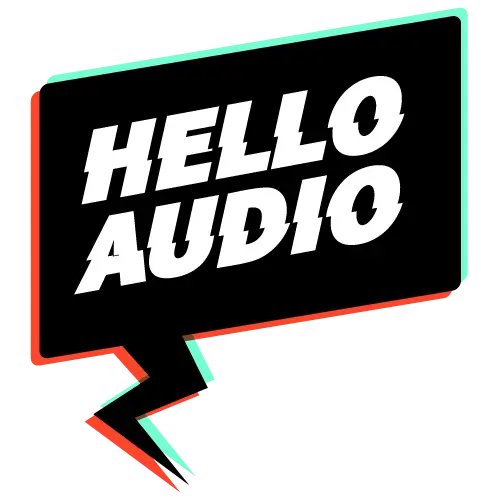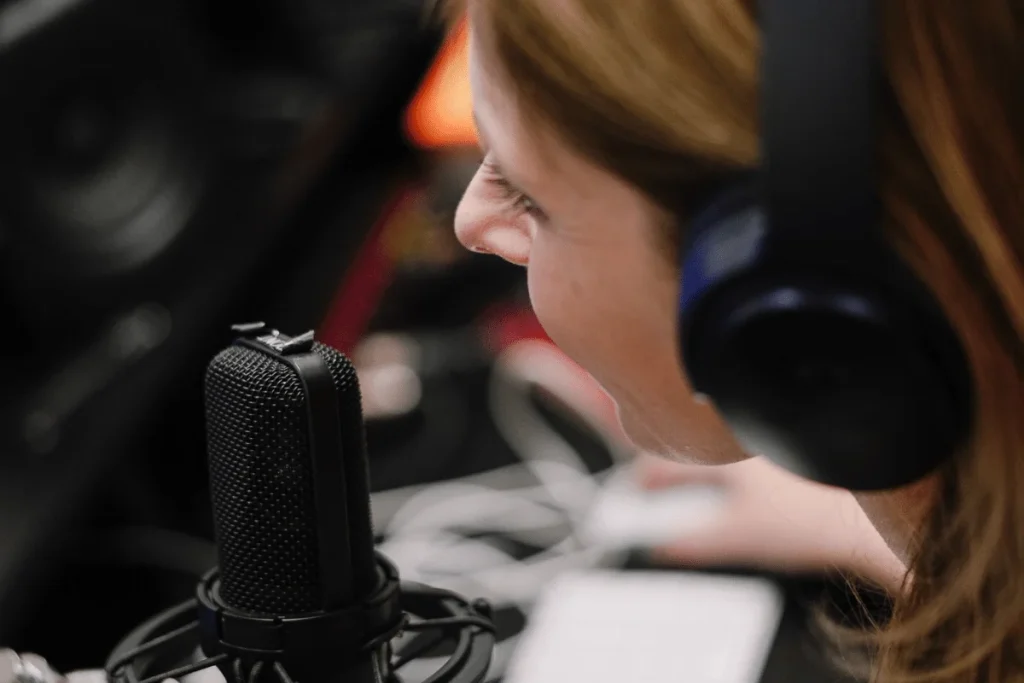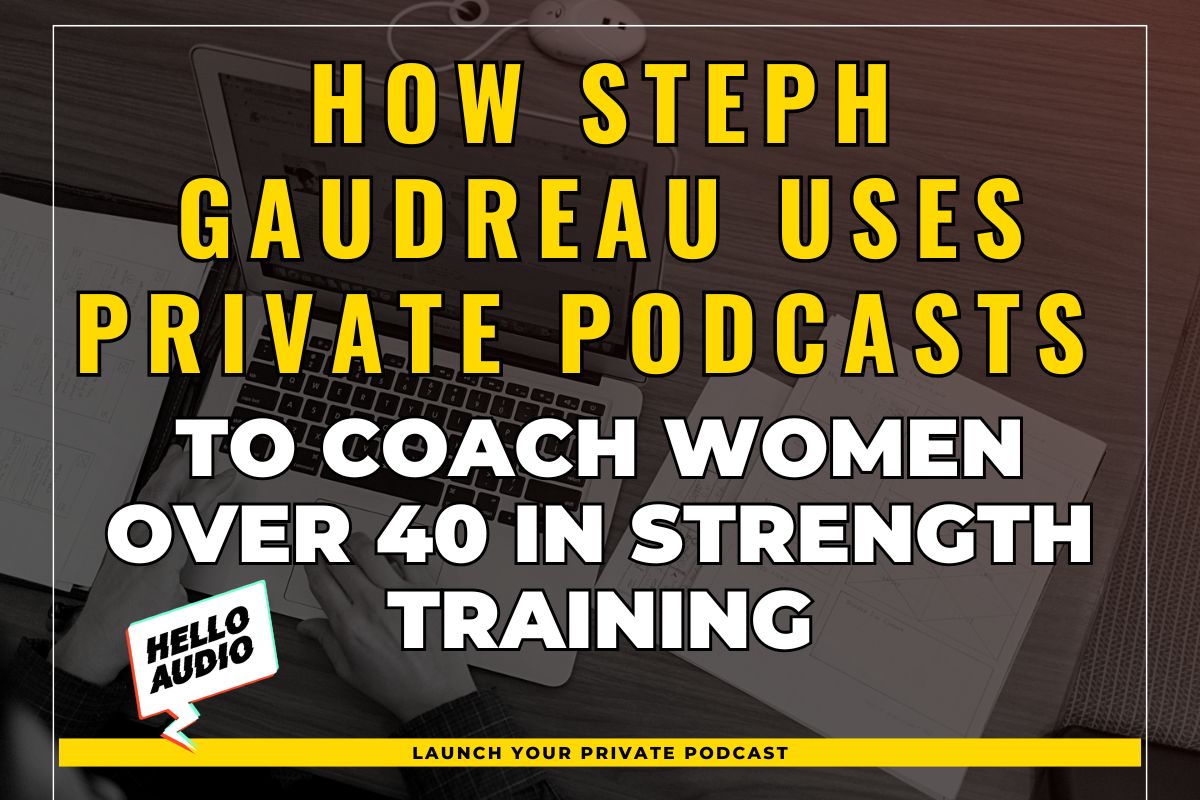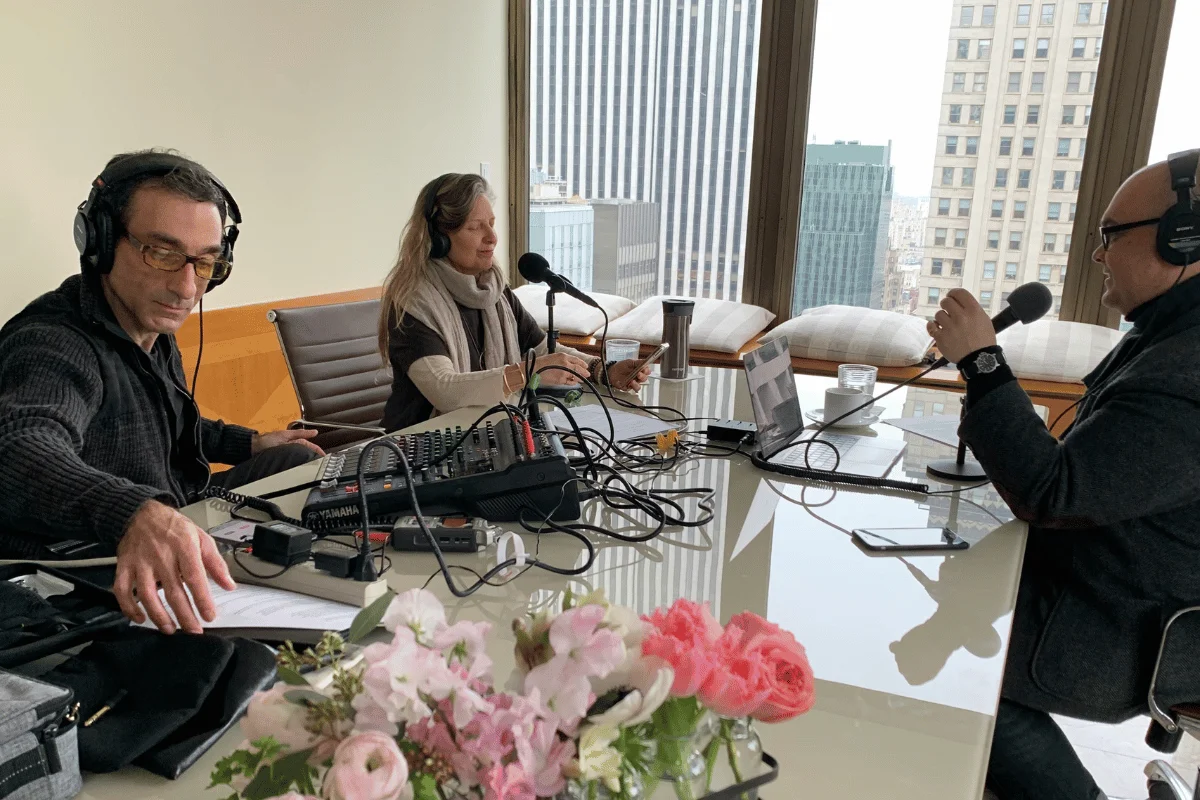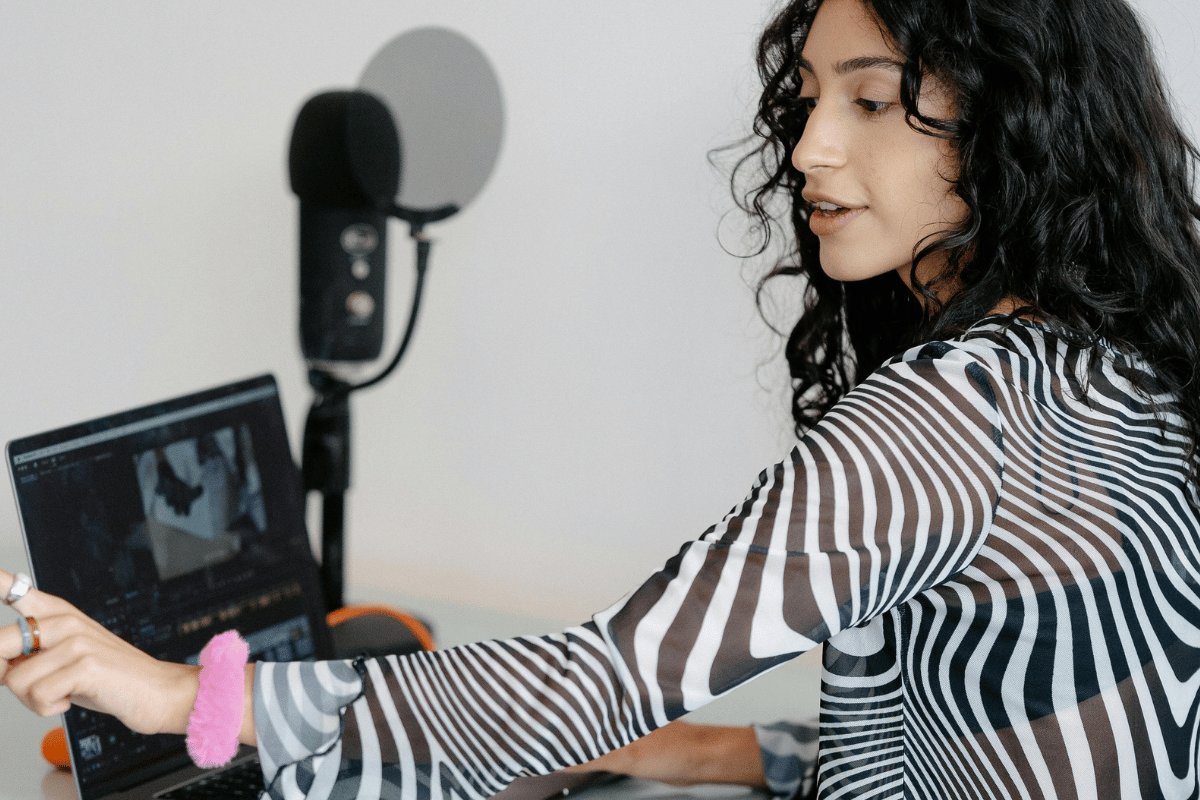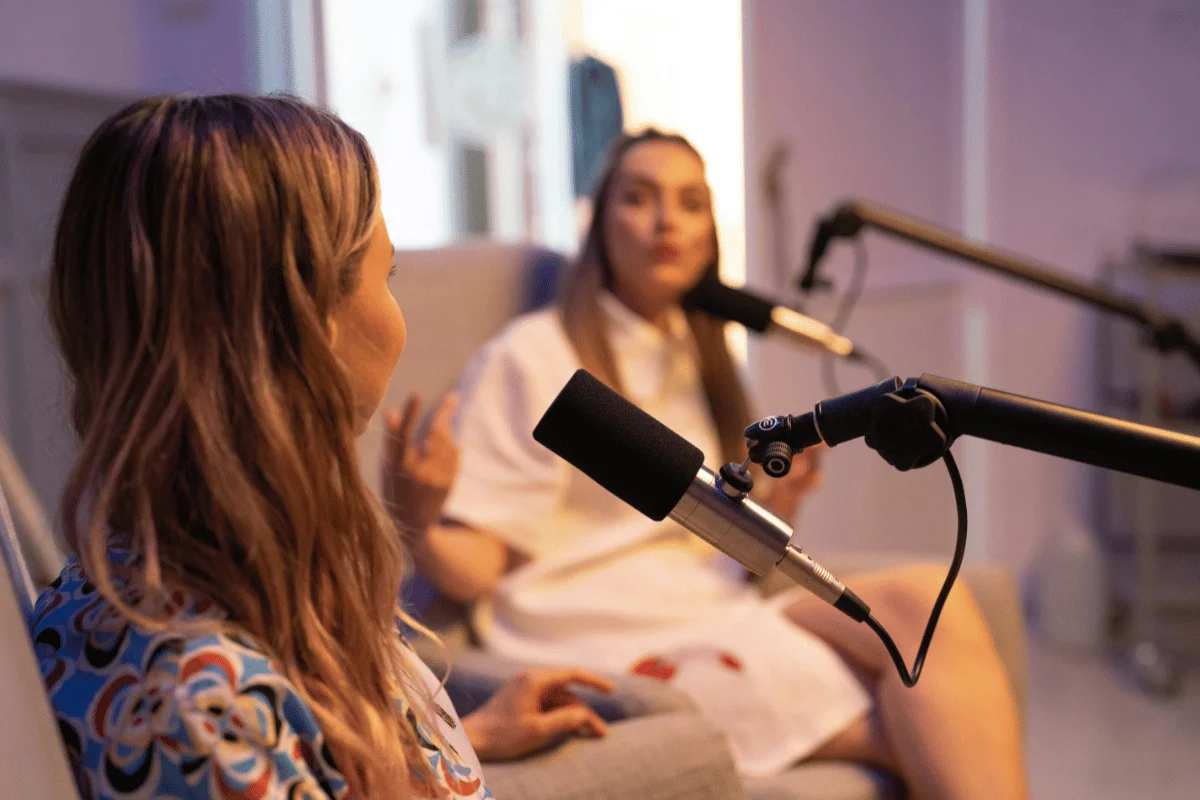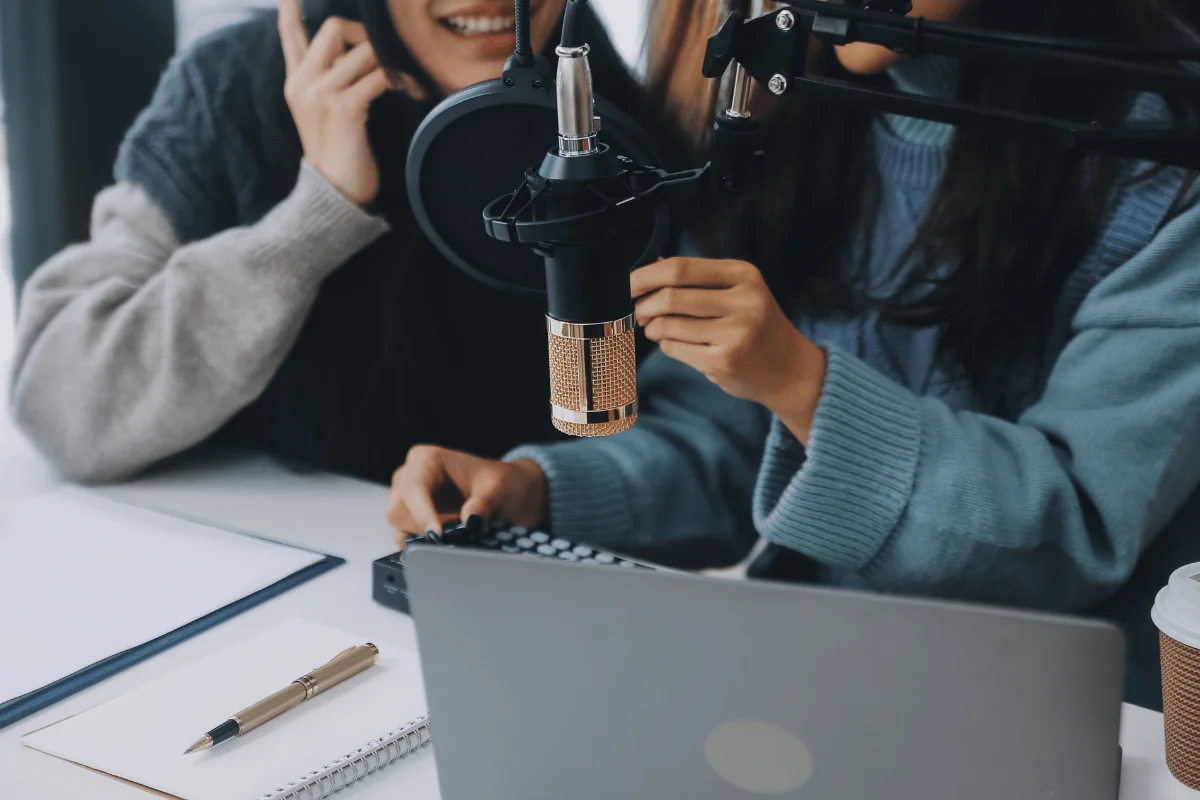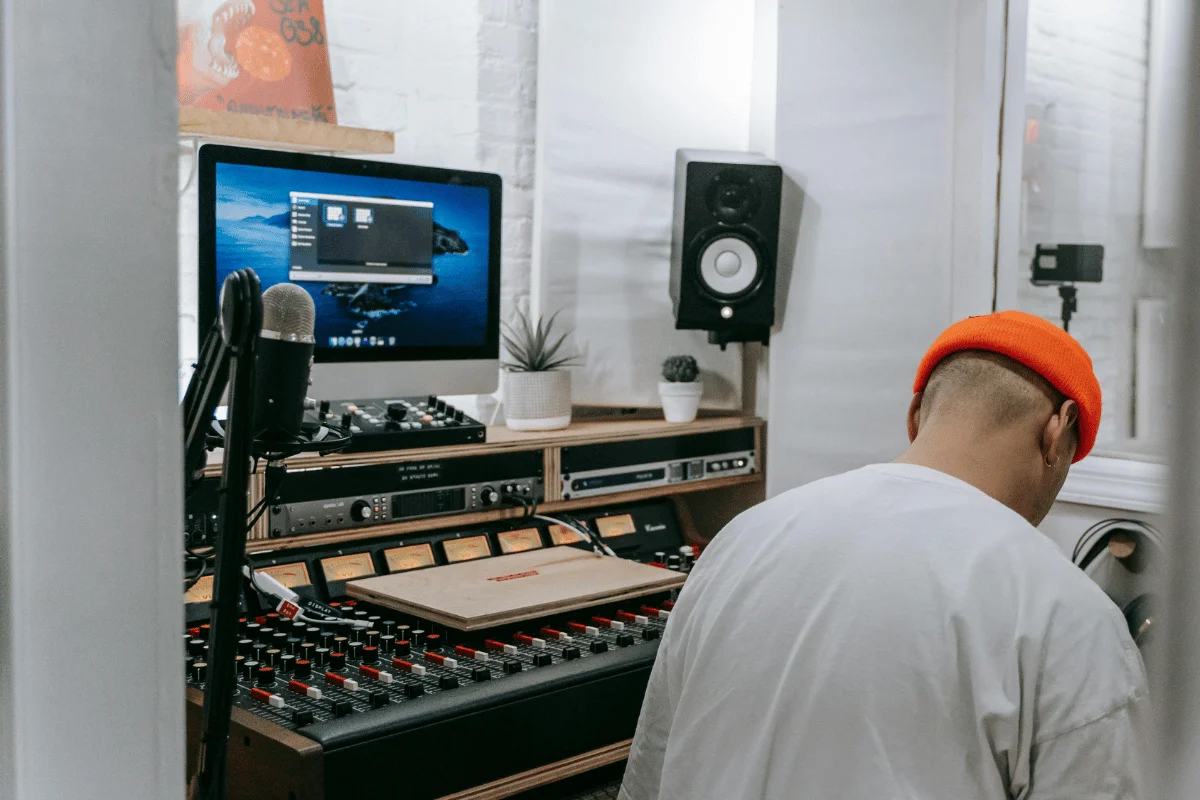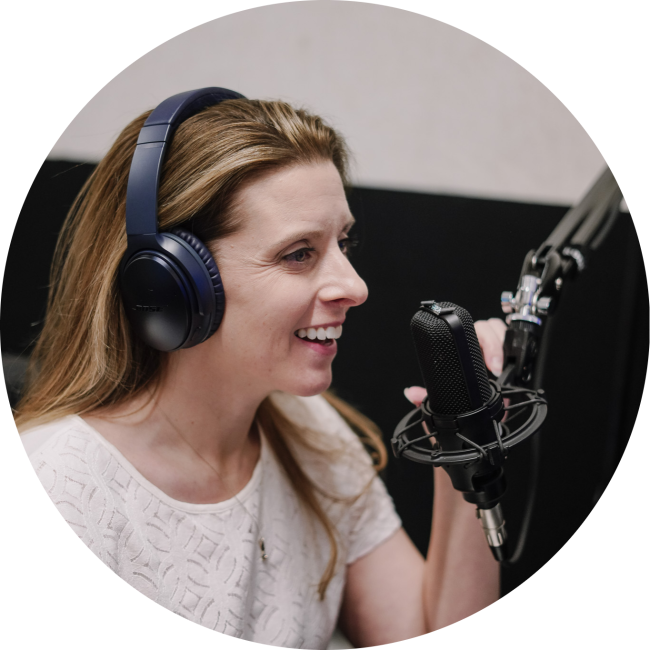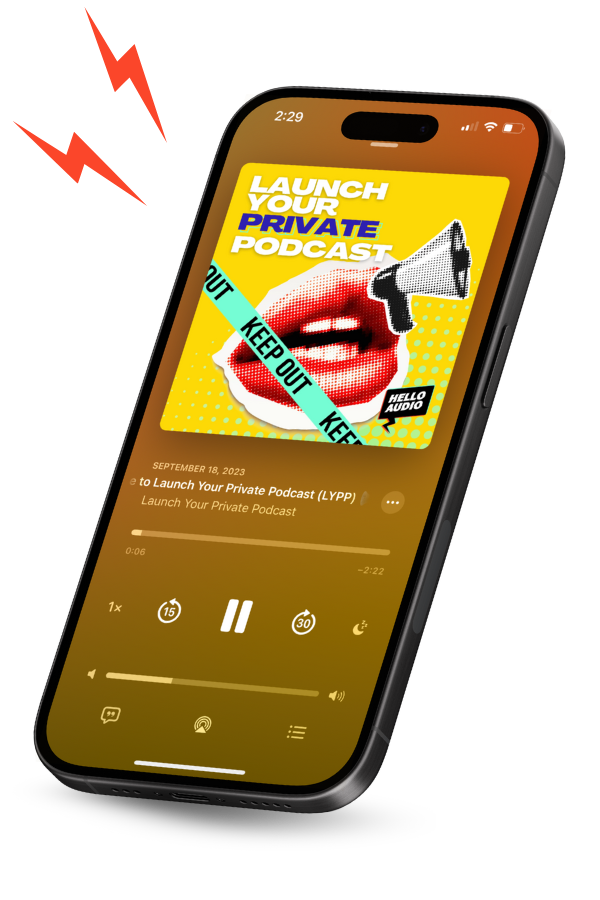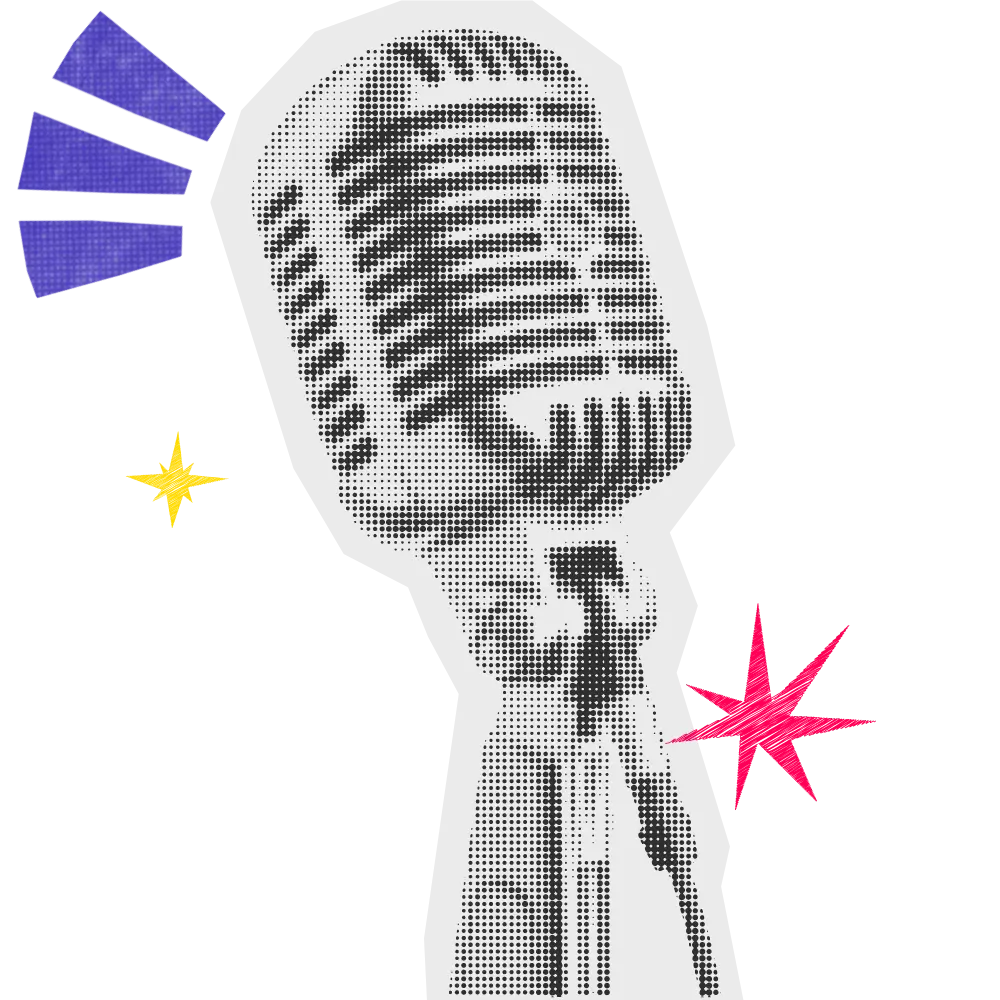With over 70 million Americans listening to podcasts, you’re probably keen to start your show and seize all the podcasting benefits.
You’ll have to decide on a theme, your niche, and the podcast format you should follow. But which type of podcast would be the best for you?
This blog shares 11 of the best types of podcasts and highlights real-life examples in each category to inspire your new show.
Let’s get rolling.
TL;DR – 10 Types of Podcasts
Don’t have enough time?
Here’s a quick overview of the top 11 podcast formats, which we will discuss later in the blog:
- Private podcasts
- Interview podcasts
- Educational podcasts
- Solo podcasts
- Panel discussion podcasts
- Narrative storytelling
- Conversational podcasts
- Theatrical podcasts
- Scripted podcasts
- Fiction podcasts
- Comedy podcasts
Just starting your private podcast?
You can drag and drop your existing media files, such as TikTok videos, webinars, digital courses, and call recordings, into Hello Audio, converting them into private podcasts in minutes. With our platform, you can access AI tools to schedule posts, create social media posts, and write short descriptions.
Try it for free — no credit card required — and turn your video (and audio content) into private podcasts in minutes.
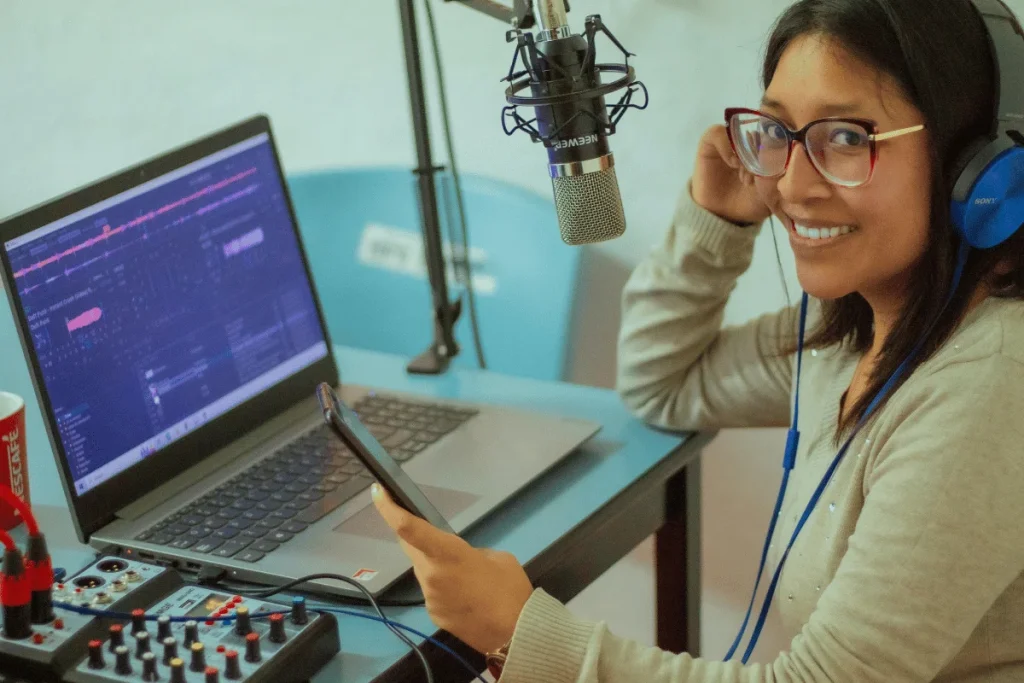
What is a Podcast Format?
Simply, a podcast format is a way to organize your show’s content, give it structure, and deliver your topic or idea.
The Importance of Choosing the Right Format
Why does your podcast structure and format matter?
A well-crafted format:
- Keeps Your Show Organized: The right format keeps your podcast content organized, making it accessible to listeners.
- Creates Consistency: When you stick with a podcast format, your listeners know what to expect with each new episode.
- Simpler to Plan Content: You can plan the podcast better when you know how to organize each episode.
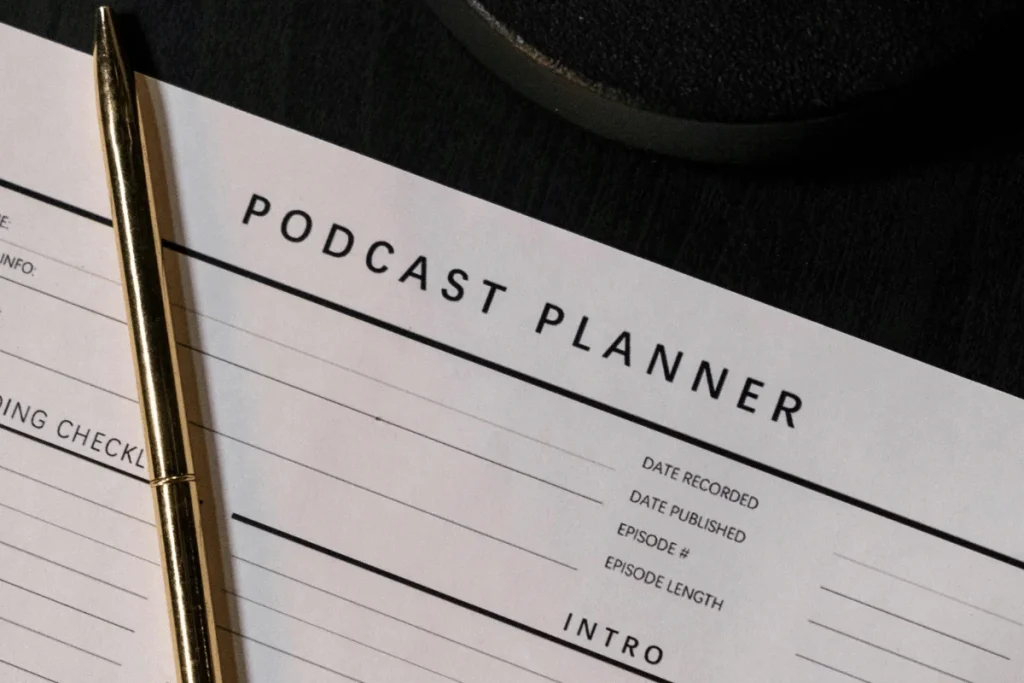
10 Podcast Formats That Are Trending Right Now
Which format should you choose?
Discover the 10 best podcast formats for your show:
1. Interview Podcasts
The interview style is a prevalent podcast format.
It is ideal for discussions, sharing stories, and insights about various topics. As a host, you will need to prepare questions, guide the conversations, and invite notable industry figures.
Best Interview Podcasts
- The Joe Rogan Experience by Joe Rogan
- On Being by Krista Tippet
- Entrepreneurs on Fire by John Lee Dumas
- The Ultimate Health Podcast by Jesse Chappus
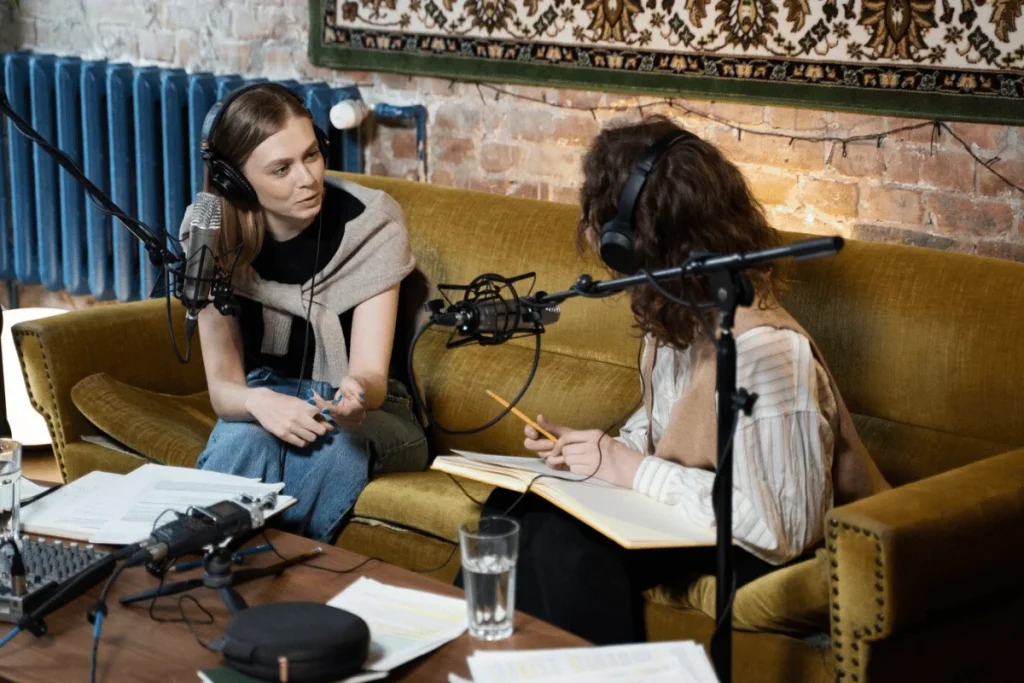
2. Educational Podcasts
Knowledge is everywhere, and it has taken a new form—podcasts. Educational podcasts can be used to teach an online course, share your expertise, or discuss specific topics.
Best Educational Podcasts
- Stuff You Should Know by Josh Clark and Chuck Bryant
- TED Radio Hour by Manoush Zomorodi
- The Tim Ferriss Show by Tim Ferriss
- Afford Anything by Paula Pant
3. Solo Podcasts
Also known as monologue podcasts, you can host a one-person show and speak directly to the listeners without guests. You might need to refine your public speaking skills before you record your first show.
Best Solo Podcasts
- The Lazy Genious Podcast by Kendra Adachi
- Criminal by Phoebe Judge
- Sleep Cove by Christopher Fitton
- The Sarah Silverman Podcast by Sarah Silverman

4. Panel Discussion Podcasts
You can gather multiple guests to create roundtable, engaging conversations from current news to politics. Usually, there should be a moderator to guide the discussion and give each participant a chance to contribute.
A few examples include:
- Mark of the Maker by Mark Steiner
- The Hit Factor Podcast
- Trap One: A Doctor Who Podcast
- NBA Panel by John Weatherspoon
5. Narrative Storytelling
If you love telling compelling stories (fictional or nonfictional), consider creating a narrative podcast. This format can also highlight your company’s journey, including its success, lessons learned, and case studies.
Check out some examples:
- This American Life
- The New Yorker: The Writer’s Voice
- Film Stories by Simon Brew
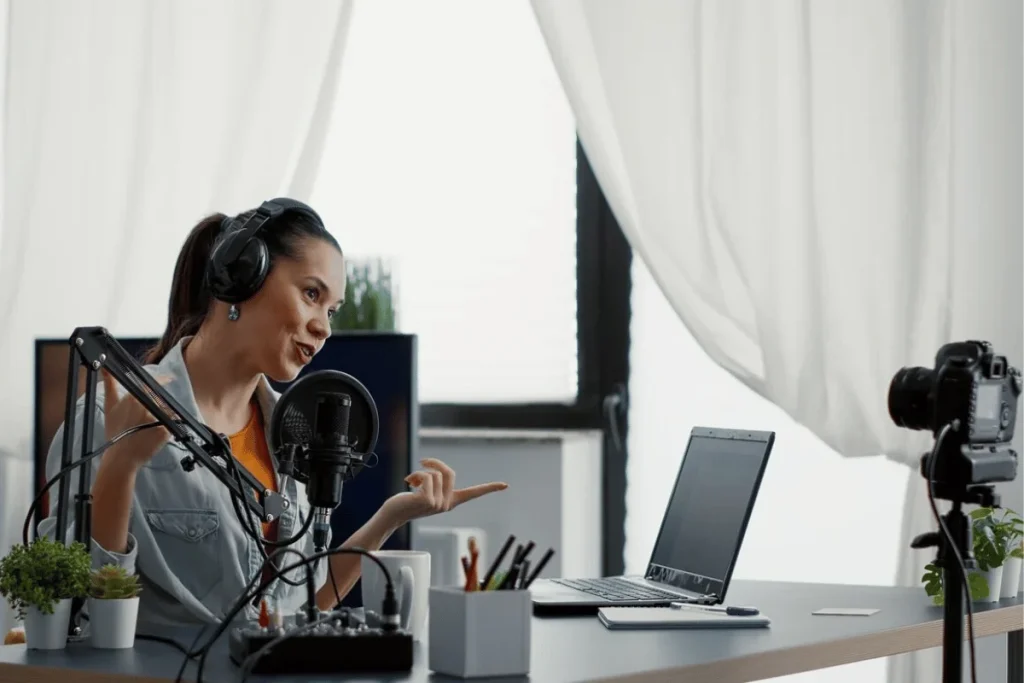
6. Conversational Podcasts
The conversational podcast format involves an informal conversation between two (or more) hosts. It allows you to reach a wider audience who want to listen to diverse perspectives and ideas.
Best Conversational Podcasts
- Clear+Vivid with Alan Alda
- Conversations by Richard Fidler
- The Dishcast with Andrew Sullivan
- Big Mood, Little Mood with Daniel M. Lavery
7. Theatrical Podcasts
You can invent characters, create a plot, and hook the audience with suspense in this podcast format. You can also incorporate sound effects, music, and multiple voices.
Examples of theatrical podcasts are:
- The Scarecast by Michael Crutchfield
- Conspiracy Theories by Spotify Podcasts
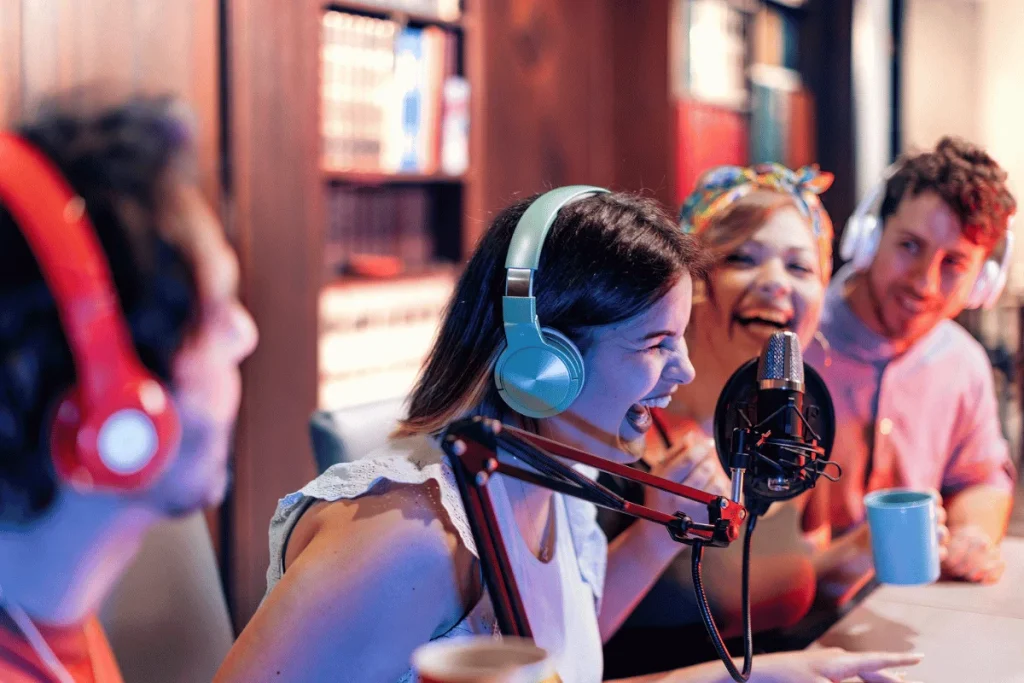
8. Scripted Podcasts
If freestyling is not your thing, why not learn how to write a podcast script?
With a well-written script, you can lay out all the sections, including the intro, transitions, each segment duration, the sponsorship messages, and the outro. However, with scripted podcasts, you have little room to improvise.
Best Scripted Podcasts
- Meet Cute Originals
- The Endless Elsewhere Podcast
- The Thrilling Adventure Hour
- The Deittman Files: a Paranormal Mystery
9. Fiction Podcasts
If you have a script, you can choose to tell compelling stories in the form of audio instead of shooting a film. You can also cast famous voice talent to entertain the audience.
Best Fiction Podcasts
- Homecoming starring Catherine Keener and Oscar Isaac
- The Edge of Sleep, starring Markiplier
- The Amelia Project
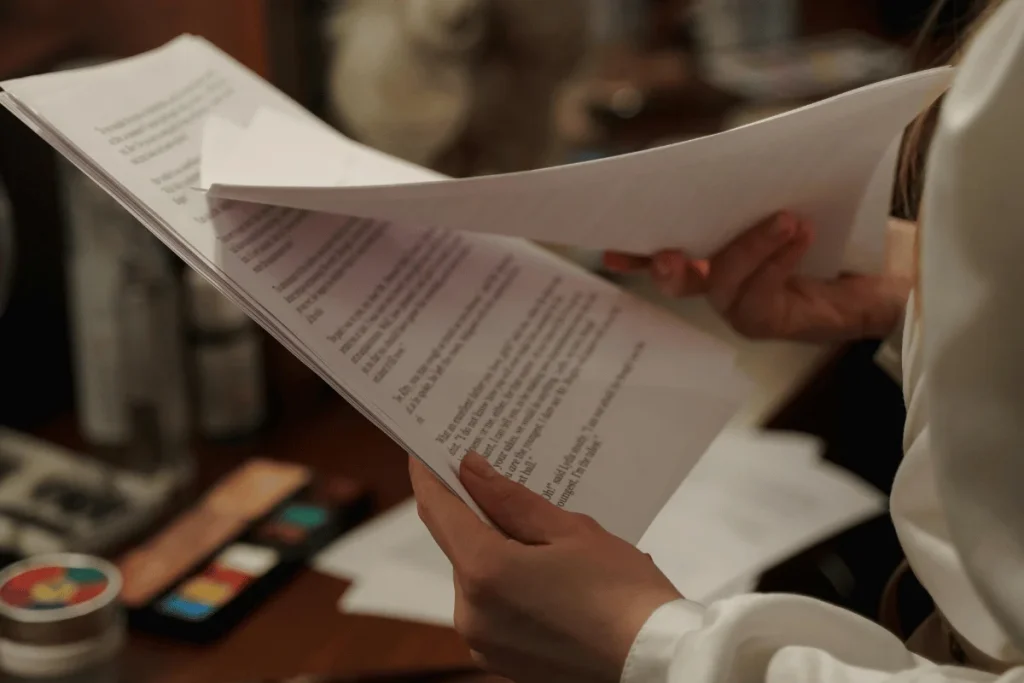
10. Comedy Podcasts
Do you love making people laugh?
You can create a comedy podcast to share silly jokes, satirical news, surreal fiction, or insightful commentary. Besides, you can share personal stories or candid discussions.
Best Comedy Podcasts
- WTF with Marc Maron
- Telling Everybody Everything by Katherine Ryan
- Conan O’Brien Needs A Friend by Conan O’Brien
- How Did This Get Made? by Paul Scheer, June Diane Raphael, and Jason Mantzoukas
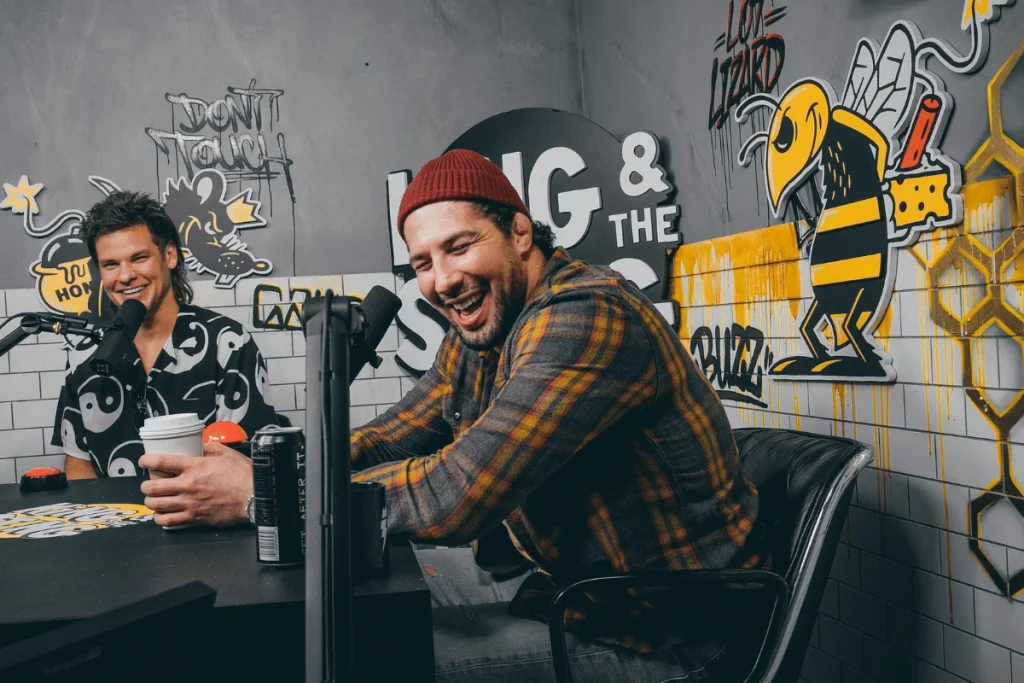
Private Podcasts: What They Are and Why You Might Choose Them
Do you have content that you want only specific people to access? Then, private podcasts are ideal for you. You can convert any of the above formats into private podcasts to control your listeners and keep your content secure.
With Hello Audio, it’s easy peasy. Our platform is ideal for repurposing video content and audio files to engage in private podcasts.
- Share secure internal company communications or your online audio course. Manage who gets access to your private content with password encryption and a private RSS feed.
- Automatically distribute your podcasts to all major podcast listening sites, including Apple Podcasts, Spotify, Pocket Casts, Stitcher, and Pocket Addict.
- Monetize your private podcasts through ads and premium content subscriptions.
- Receive your payments seamlessly, thanks to our integration with Stripe.
- Get your episodes transcribed by our powerful AI.
How To Create a Private Podcast
Wondering how to launch your first private audio? With Hello Audio, it’s as easy as 1, 2, 3.
Step 1: Sign Up
First, head to Hello Audio to create an account or log in if you already have one.
Step 2: Create your Private Feed
Next, let’s move on to the fun part—setting up your feed.
Once logged in, select the ‘Create new feed’ option, then click ‘Create private.’ Now, it’s time to set up your podcast. Add a title, your name, a feed label, and a catchy description that people will see once they subscribe.
If you aim to release episodes one after the other without breaks, go for the ‘Instant’ type of feed. However, if you’re sharing a story in parts over time, select the ‘Date-Based’ content type.
Step 3: Upload and Organize your Podcast
Drag and drop files into the upload area to update your podcast feed. You can upload files in any format, including M4a, MP3, MOV, or WAV, to get converted into private podcasts.
These private podcasts are automatically converted into MP3 for easy access across all podcast listening apps, maximizing your exclusive content. You can shuffle your episodes even after you upload them, allowing you to rearrange them for perfect flow.
Curious about how our platform works? Watch our quick demo and see all these features in action.
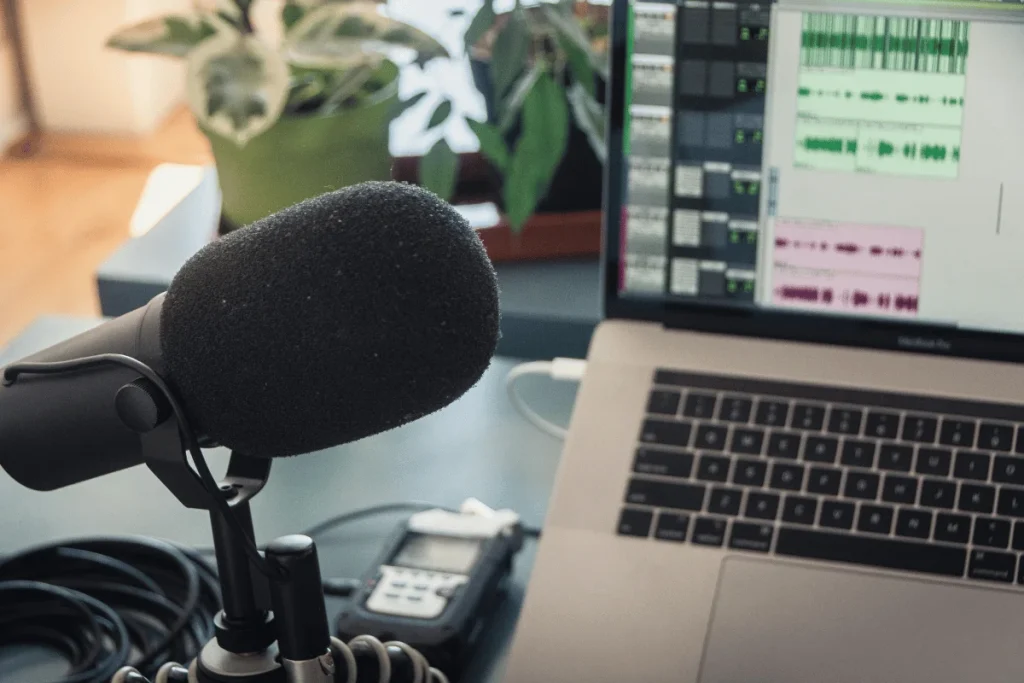
How Do I Choose the Best Podcast Format for My Show?
Wondering how to pick the best format? Here are the 5 factors to consider:
- Define Your Goals: Your format should align with your goals, whether it’s to share your expertise, promote your brand, or grow your community.
- Leverage Your Strengths: Consider what format you’re good at, whether freestyle, interviewing guests, or teaching your audience a skill.
- Research Your Audience: Use surveys and interviews to understand your listeners’ needs and preferences.
- Check the Competition: Analyze other podcasters in your niche to determine the format that will help you stand out.
- Be Realistic on the Workload: When choosing a format, consider the preparation, editing, and time required to create a podcast.
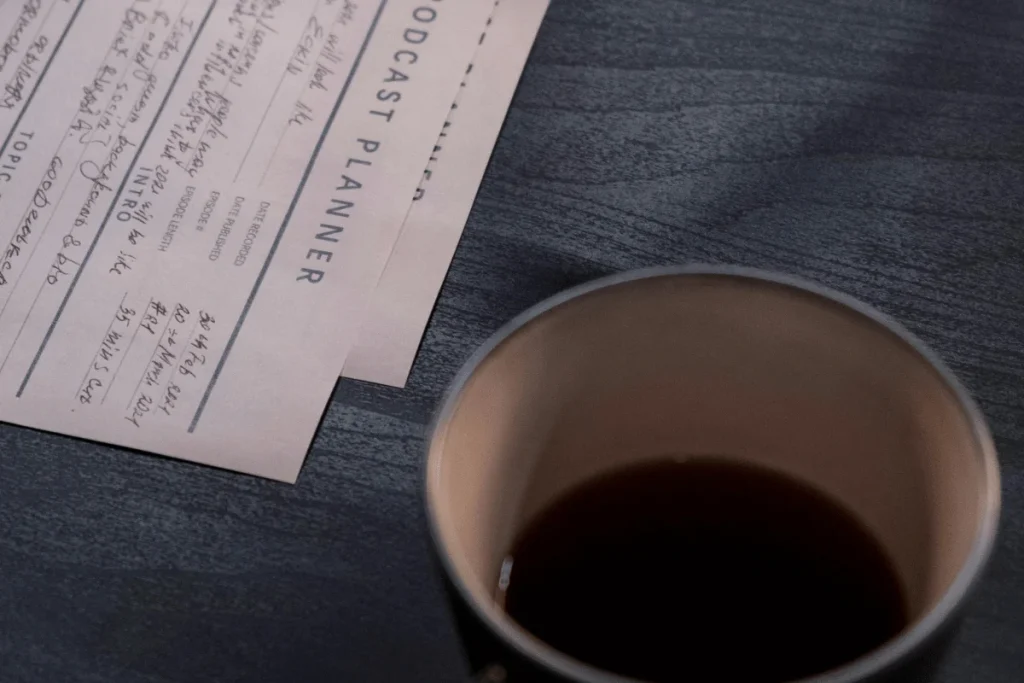
How to Structure a Podcast Episode
How do you structure a podcast episode to attract and retain your audience? Check out some pointers to nail your podcast structure:
- Hook Your Audience Fast: Start with a strong intro, music, or bold statement that grabs your listener’s attention.
- Segment Your Content: Break up your episodes into parts to maintain engagement.
- Use Transitions: Use short music or sound effects between segments.
- Stick to a Time Frame: Decide how long your episodes will be and adhere to that timeframe.
- Maintain Logical Flow: Present your ideas in a structured sequence. For interviews, start with broad questions and move to deeper discussions.
- Have Quality Audio: Invest in a good microphone and voice editing software to make your podcast sound clear and crisp, no matter your chosen format.
- Have a Clear Call to Action: invite your listeners to subscribe to your show, visit your website, or join your email list in exchange for the free value you offer.
- Close with a Signature Outro: Using a consistent song or outro to let your audience know when the show is ending helps create a recognizable brand identity. Remember to thank them as you end.
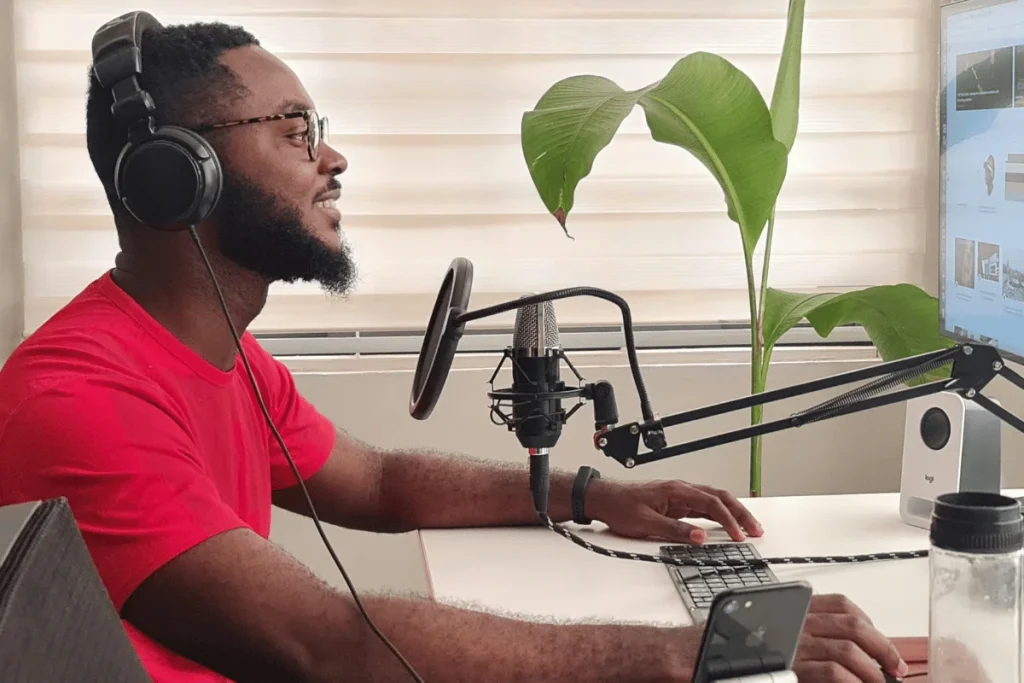
Best Podcasting Tips for Beginners
Want to become a pro podcaster?
Check out our favorite podcast tips for beginners:
- Set up your podcast studio using simple podcasting equipment.
- Research your target audience to understand what topics resonate with them.
- Record in a quiet space, wear headphones to reduce echo, and mute your microphone when a participant speaks.
- Polish your content by removing background noise and filler words and fixing audio and video mistakes.
- Choose a reliable hosting solution – Hello Audio – to host your podcasts and automatically deliver them to directories like Google Podcasts.
- Optimize your podcast by writing show notes, titles, and descriptions to improve visibility.
To help you further, here’s a guide on podcast ideas for beginners that you can use as a starting point.
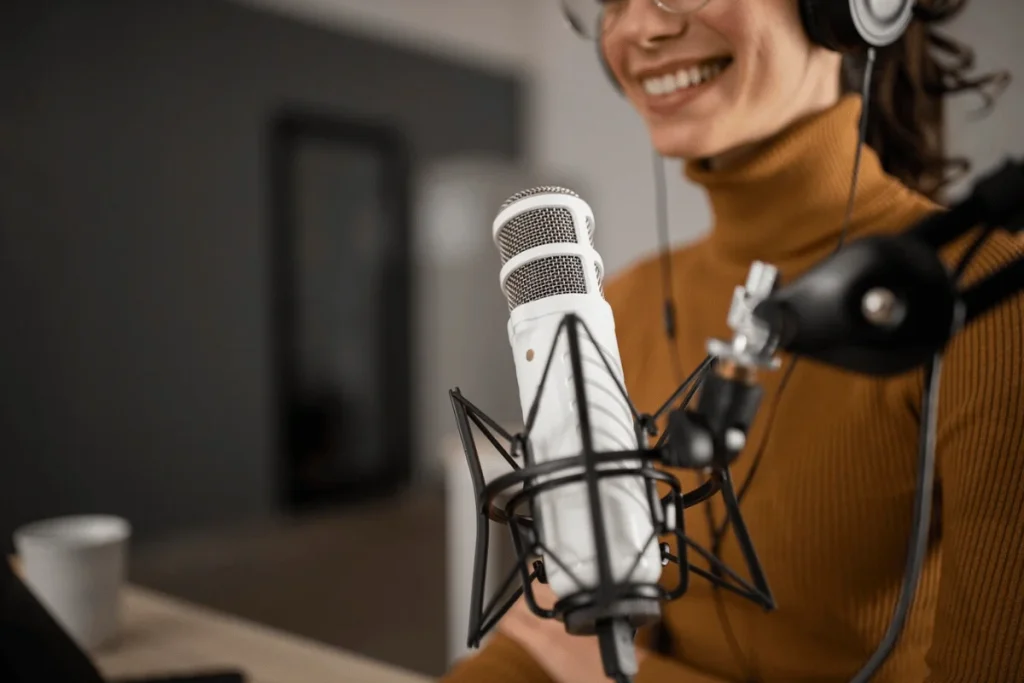
Podcast Format Mistakes to Avoid
Whatever format you choose, some mistakes are bound to happen. Here are the 8 common ones and why you should avoid them:
- Overlooking Audio Quality: Publishing audio that is distorted, muffled, or hard to hear is a significant turn-off for listeners, which can lead to lost subscribers.
- Not Adding an Intro and Outro: Omitting an intro and outro makes your podcast feel incomplete and unprofessional.
- Unclear or Weak Transition Points: Not adding proper transitions (and music elements) between segments can make your episode feel disjointed, making it hard for your audience to follow your structure.
- Not Speaking Clearly: Mumbling or constantly using filler words such as “uhs” and “uhms” can make you sound less confident, making it challenging to retain your listeners.
- Excessive Cutting: While eliminating “uhs” and “uhms” is important, overdoing it may make your podcast sound unnatural and robotic.
- Unpreparedness: Not planning is a surefire way of producing mediocre episodes.
- Prioritizing Quantity Over Quality: Uploading feeds quickly without ensuring they’re engaging and high-quality will lead to listener burnout and disengagement.
- Not Promoting Your Episodes: Not pushing your content to audiences will make it difficult to attract new listeners.
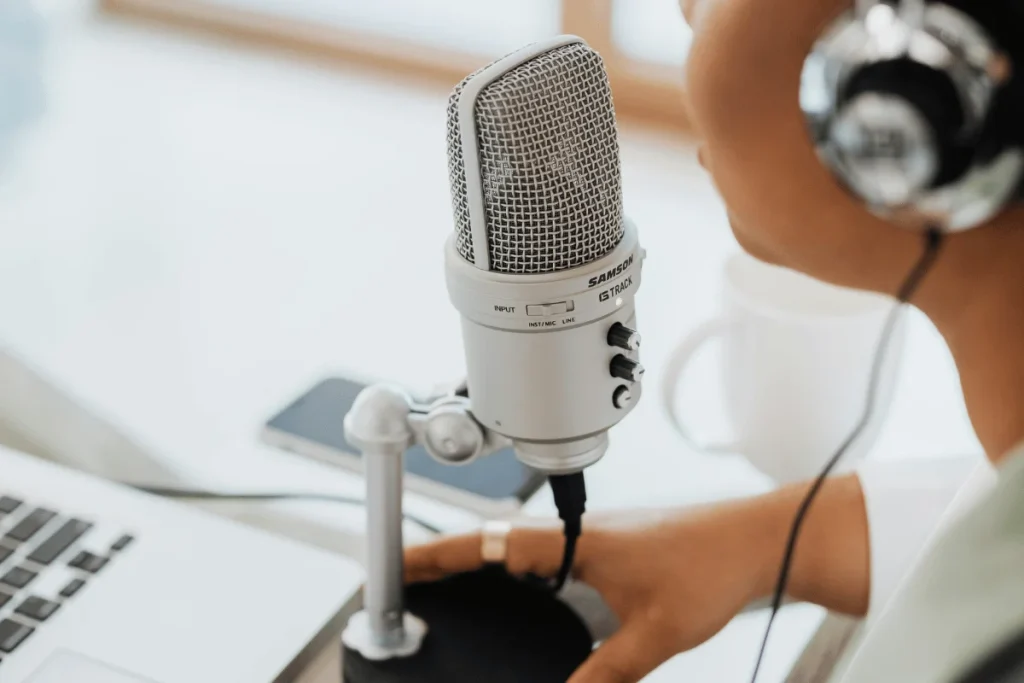
Frequently Asked Questions (FAQs)
Have more questions?
We have answered the commonly asked questions about podcast formats:
What is the Best Length for a Podcast Episode?
The best length for podcast episodes varies depending on the subject. Riverside reports show that 55% of podcasts are over 30 minutes long. Therefore, an ideal length should be between 30 and 40 minutes.
Can I Combine Different Podcast Types in One Show?
Yes.
Mixing or alternating different podcast types can make your show stand out, so you don’t have to be exclusive to one format.
How Can I Grow My Podcast Audience?
Check out some of the top 5 strategies to grow a podcast:
- Submit your podcast to all directories.
- Cross-promote your show with other podcasters.
- Create a podcast website and set up a podcast content calendar.
- Repurpose your show into long YouTube content and short clips for TikTok and Instagram Reels.
- Optimize your show for SEO by incorporating keywords, transcripts, and CTAs for every episode.
What Equipment Do I Need to Start a Podcast?
Here’s a list of the best equipment you need to start podcasting:
- Camera
- External microphone(s)
- A pair of headphones
- Podcast recording and editing software
Conclusion – Format of a Podcast
Now that we’ve discussed the different podcast types and given you tips on starting your show, the next step is to choose a podcast hosting solution.
Fortunately, Hello Audio has got you covered!
Our platform lets you create private podcasts from your existing video and audio content and auto-publish them to popular podcast apps like Apple Podcasts.
Our tool also lets you polish your podcasts with the Dolby Audio Remastering tool, automatically transcribe your episodes, and build revenue through selling exclusive membership content.
Start your free trial to create, edit, and launch your private podcast in minutes — without recording!

